Anthropic’s new ‘Projects’ feature looks to supercharge team collaboration with Claude AI
Anthropic ‘Projects’ aims to embed Claude AI more firmly in your day-to-day workflow


Sign up today and you will receive a free copy of our Future Focus 2025 report - the leading guidance on AI, cybersecurity and other IT challenges as per 700+ senior executives
You are now subscribed
Your newsletter sign-up was successful
Generative AI startup Anthropic has unveiled the launch of a new feature called Projects to embed its Claude AI more firmly into business workflows and deliver better responses by teaching it on corporate data.
Users can now organize their chats with Claude AI in Projects, which allows them to bring chat activities and outputs together and share them across teams.
According to Anthropic, the feature allows companies to feed their own corporate information into the model, in the form of style guides, codebases, or interview transcripts. This added context should mean Claude is able to provide better answers and responses across tasks “from writing emails like your marketing team to writing SQL queries like a data analyst”.
Projects are available on Claude.ai for Pro and Team customers and can be used with its latest large language model, Claude 3.5 Sonnet. Each project includes a 200,000 token context window to allow users to add relevant information, which Anthropic said is the equivalent of a 500-page book.
The idea here is to avoid the ‘cold start’ problem which is when AI systems don’t have enough data to make the right choices in a particular situation. By adding context like customer feedback or surveys, the AI ought to be able to deliver better outputs.
Data or chats shared within Projects will not be used to train its models without a user’s explicit consent, Anthropic said.
Users can also define custom instructions for each Project to further tailor Claude’s responses, such as asking for responses in a more formal tone or for the AI to answer questions from the perspective of a specific role or industry.
Sign up today and you will receive a free copy of our Future Focus 2025 report - the leading guidance on AI, cybersecurity and other IT challenges as per 700+ senior executives
Anthropic looks to ramp up coding capabilities
Earlier this week Anthropic unveiled Artifacts – a way of presenting the outputs from the AI like code or text. Users can ask Claude to generate content like code snippets, text documents, graphics, diagrams, or website designs, and these Artifacts appear in a window alongside your conversation.
“Artifacts especially enhance Claude’s coding capabilities for developers, offering a larger code window and live previews for frontends that streamline reviews,” Anthropic said.
Claude Team users can also share snapshots of their best conversations with Claude into a team’s shared project activity feed.
“Sharing work products that were co-created with Claude can improve innovation in areas like product development and research, where bringing together organizational knowledge from across the company can produce higher-quality outputs,” Anthropic said.
RELATED WHITEPAPER
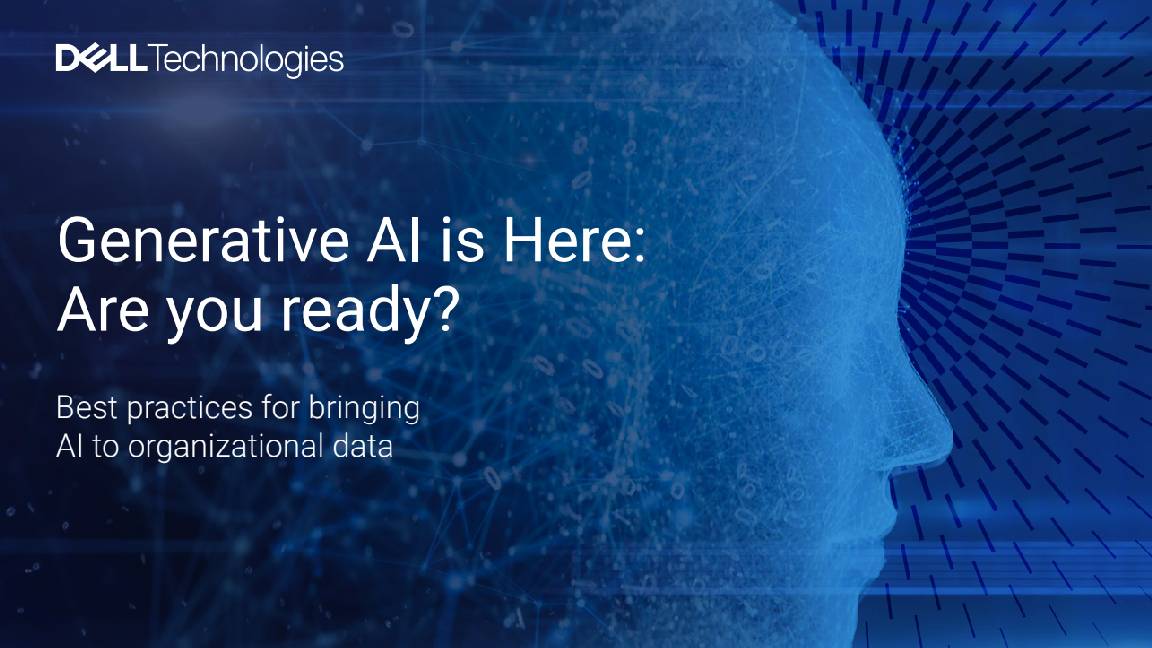
The company added it will expand the types of project knowledge users can bring to Claude in the coming months.
Anthropic also quoted a customer, consultancy North Highland, which has hundreds of employees across consulting, business development, and marketing using the Claude AI for jobs including writing proposals and analyzing complex documents like 10-Ks.
“The Claude Team plan is transforming our way of working at North Highland. Claude is a truly exceptional writer that has helped our team complete content creation and analysis tasks up to 5x faster than before — turning what was once two weeks of writing and research into minutes of work,” said Luka Anic, senior director of Technical AI Program and Product Manager at North Highland.
Anthropic’s move is the latest challenge to OpenAI
The idea behind Projects seems similar to the GPT Builder tool which is already offered by OpenAI. Similarly, the move appears to be a reflection of how the AI market is maturing – or at least evolving.
While the underlying LLMs continue to leapfrog each other on benchmarks, these don’t say a huge amount about the real-world usefulness of these tools.
Moves like this which aim to embed AI tools into the standard workflow of the business day might help to boost usage – if the tools themselves can prove to be consistently useful. And moving away from the obsession with abstract benchmarks towards day-to-day utility might help move AI beyond the hype.
For Anthropic, it’s also an interesting strategy because by focusing on collaboration it also risks going head-to-head with companies like Microsoft which not only has a strong position in the collaboration world with Teams but also a big stake on AI’s biggest star – OpenAI.
Steve Ranger is an award-winning reporter and editor who writes about technology and business. Previously he was the editorial director at ZDNET and the editor of silicon.com.
-
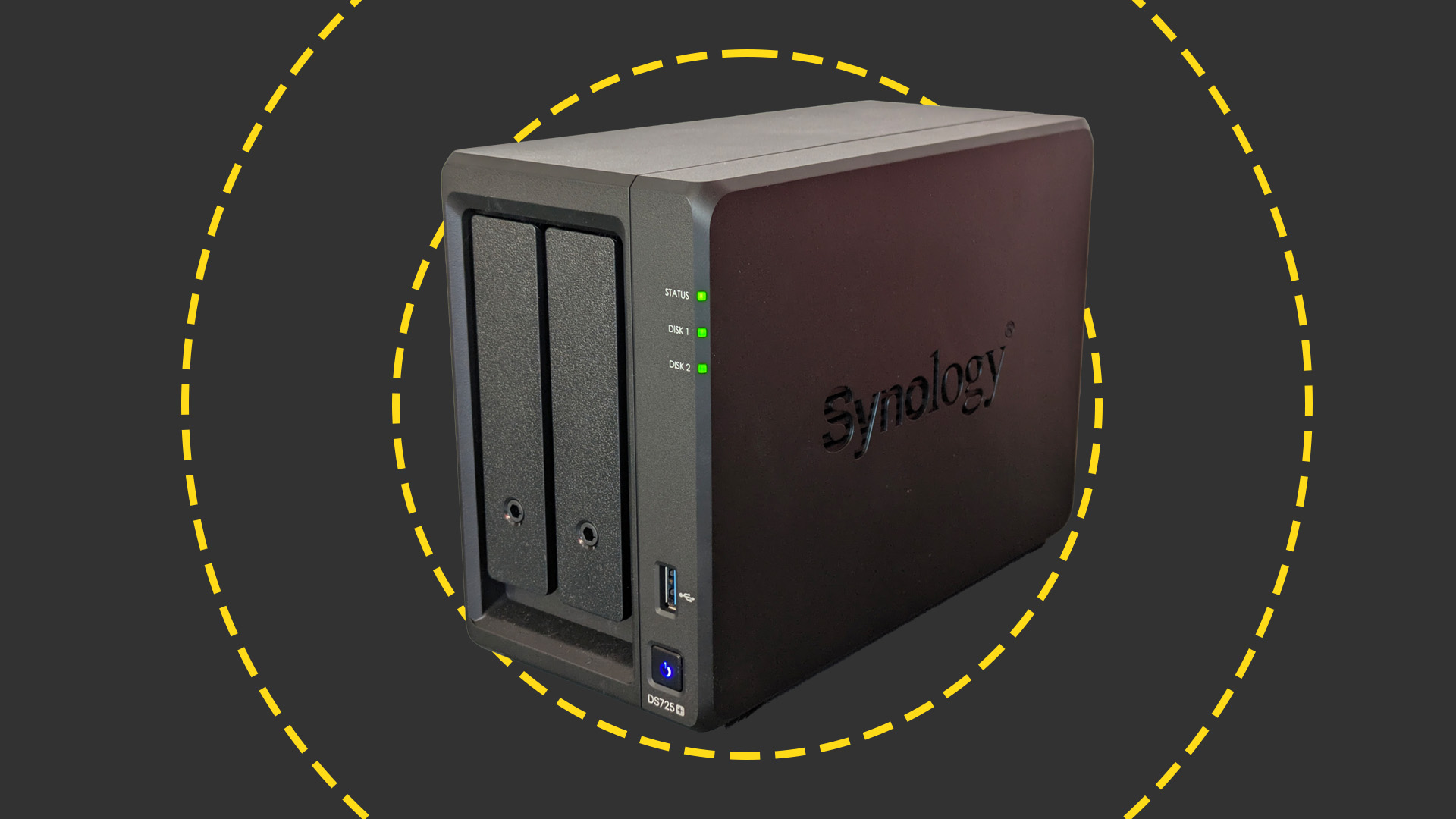 Synology DiskStation DS725+ review
Synology DiskStation DS725+ reviewReviews This two-bay NAS balances cost, performance, usability, and scalability to perfection
-
 Microsoft Copilot bug saw AI snoop on confidential emails — after it was told not to
Microsoft Copilot bug saw AI snoop on confidential emails — after it was told not toNews The Copilot bug meant an AI summarizing tool accessed messages in the Sent and Draft folders, dodging policy rules
-
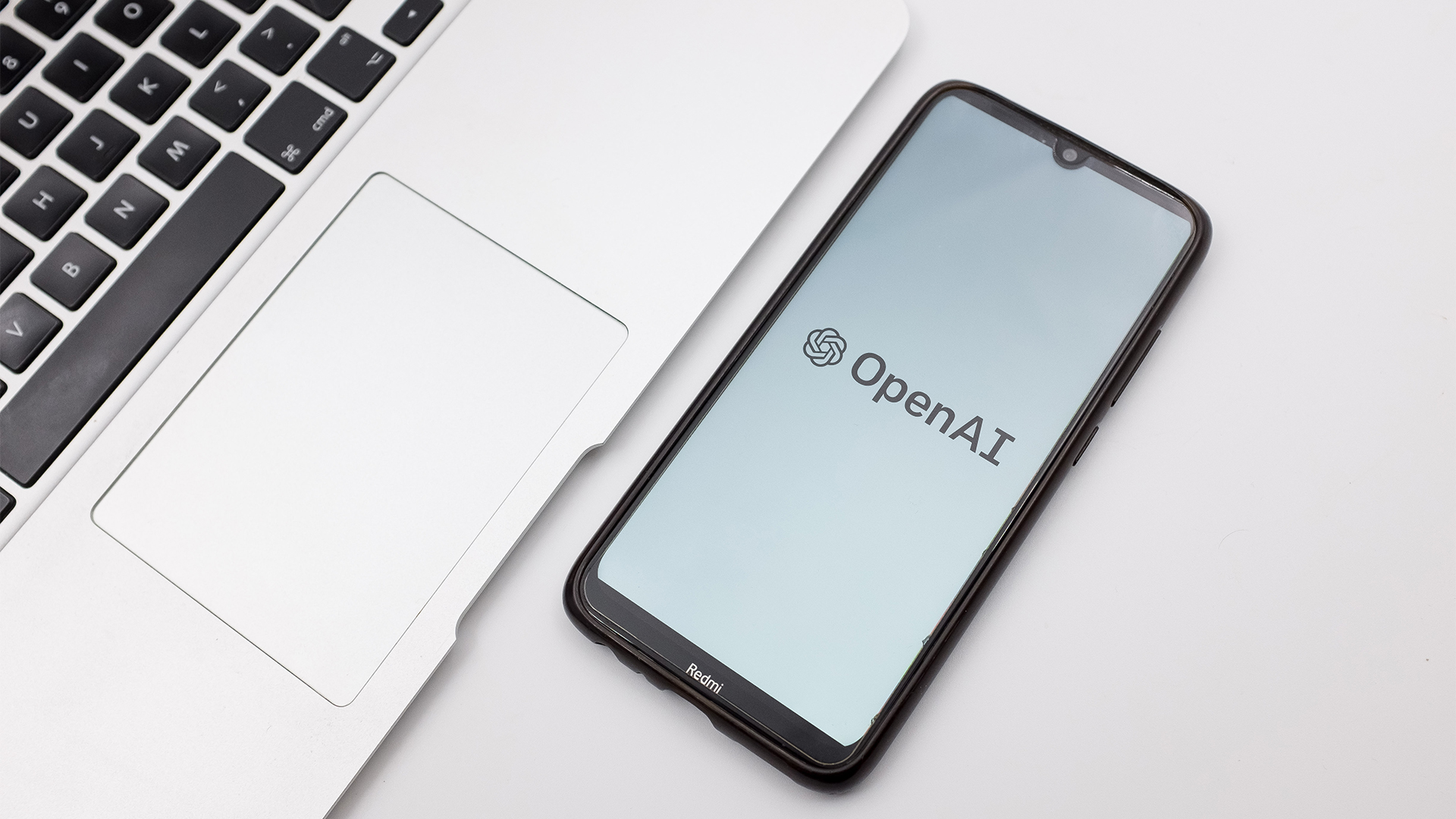 OpenAI's Codex app is now available on macOS – and it’s free for some ChatGPT users for a limited time
OpenAI's Codex app is now available on macOS – and it’s free for some ChatGPT users for a limited timeNews OpenAI has rolled out the macOS app to help developers make more use of Codex in their work
-
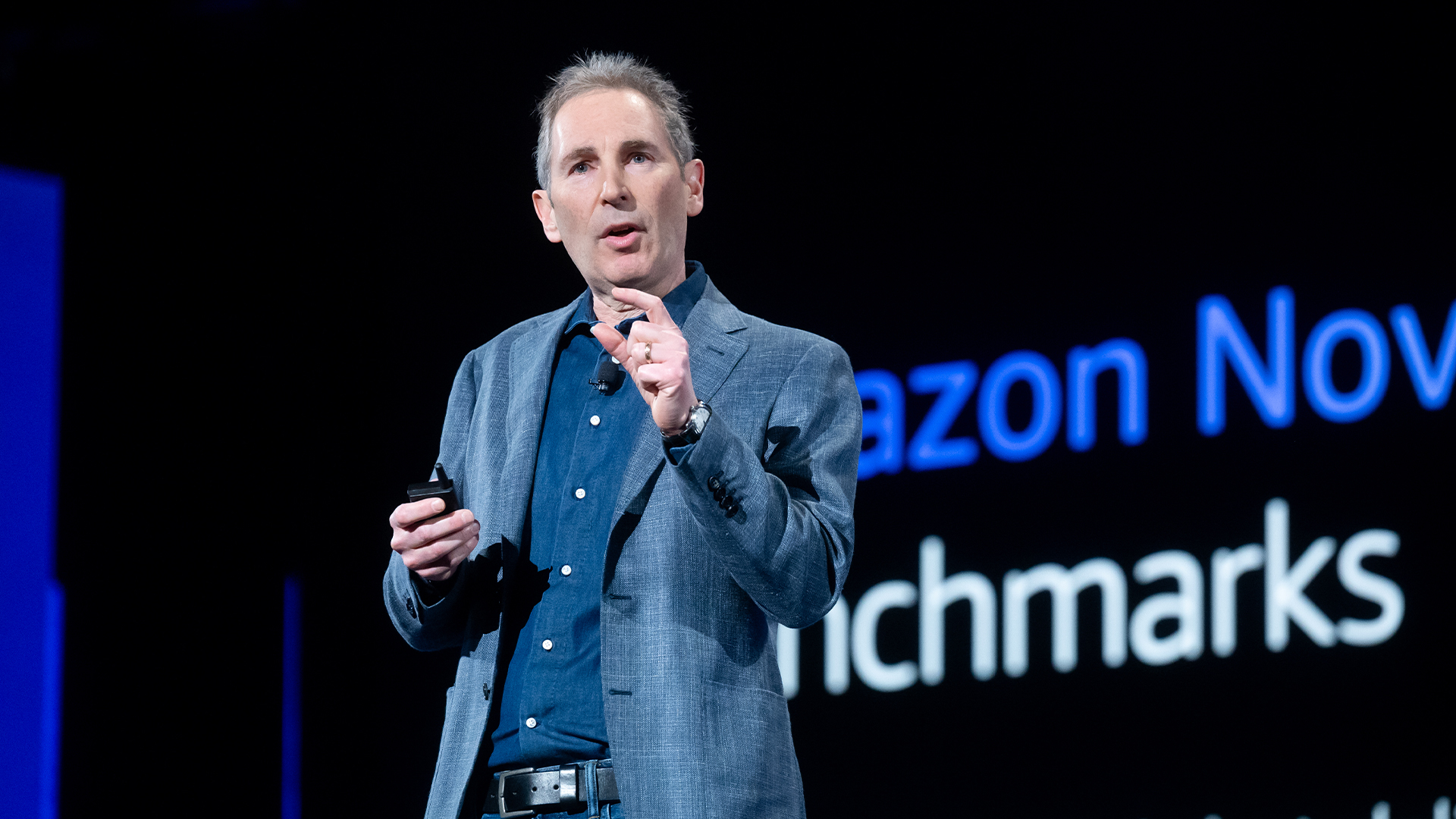 Amazon’s rumored OpenAI investment points to a “lack of confidence” in Nova model range
Amazon’s rumored OpenAI investment points to a “lack of confidence” in Nova model rangeNews The hyperscaler is among a number of firms targeting investment in the company
-
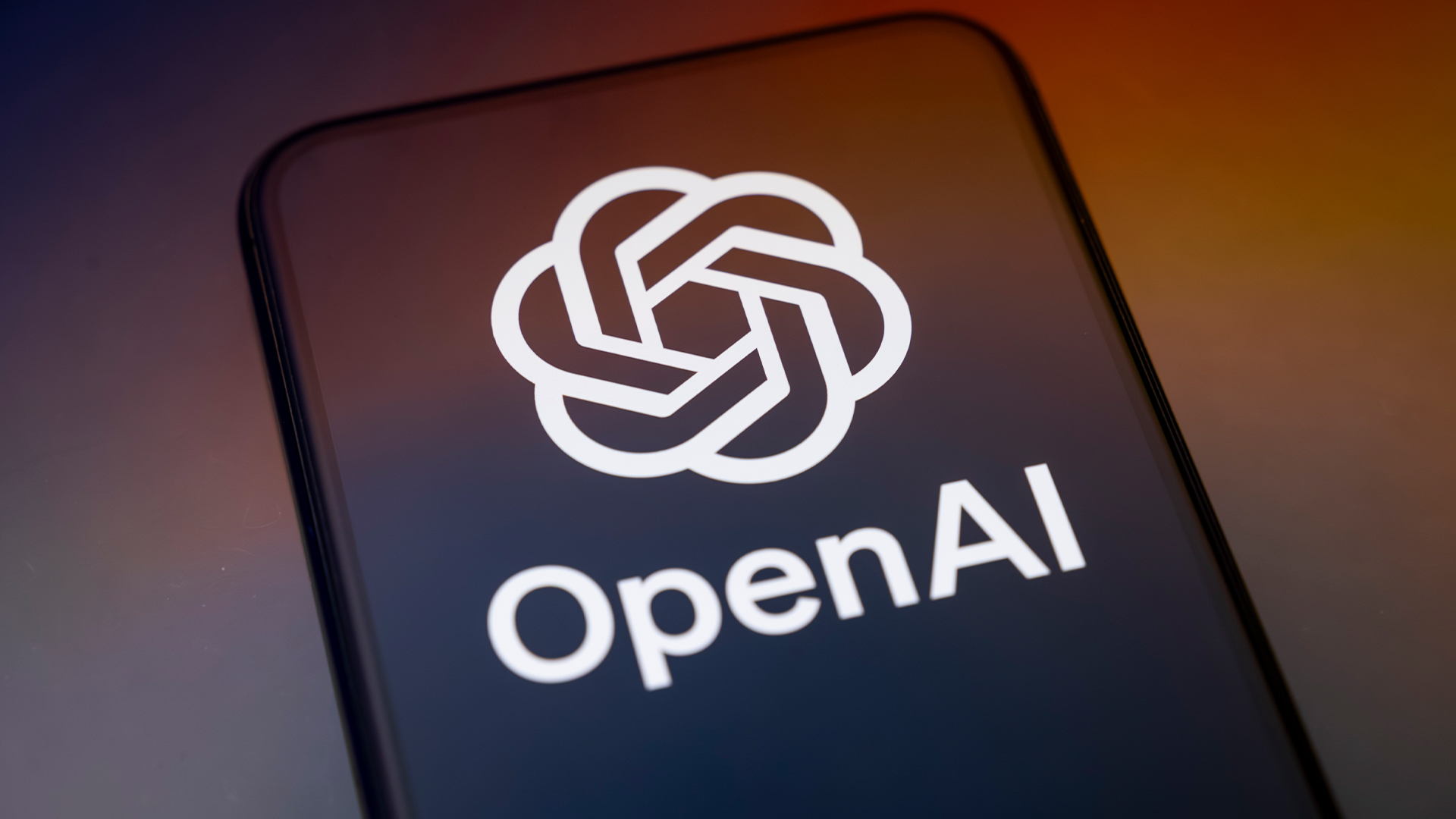 OpenAI admits 'losing access to GPT‑4o will feel frustrating' for users – the company is pushing ahead with retirement plans anway
OpenAI admits 'losing access to GPT‑4o will feel frustrating' for users – the company is pushing ahead with retirement plans anwayNews OpenAI has confirmed plans to retire its popular GPT-4o model in February, citing increased uptake of its newer GPT-5 model range.
-
 ‘In the model race, it still trails’: Meta’s huge AI spending plans show it’s struggling to keep pace with OpenAI and Google – Mark Zuckerberg thinks the launch of agents that ‘really work’ will be the key
‘In the model race, it still trails’: Meta’s huge AI spending plans show it’s struggling to keep pace with OpenAI and Google – Mark Zuckerberg thinks the launch of agents that ‘really work’ will be the keyNews Meta CEO Mark Zuckerberg promises new models this year "will be good" as the tech giant looks to catch up in the AI race
-
 DeepSeek rocked Silicon Valley in January 2025 – one year on it looks set to shake things up again with a powerful new model release
DeepSeek rocked Silicon Valley in January 2025 – one year on it looks set to shake things up again with a powerful new model releaseAnalysis The Chinese AI company sent Silicon Valley into meltdown last year and it could rock the boat again with an upcoming model
-
 OpenAI says prompt injection attacks are a serious threat for AI browsers – and it’s a problem that’s ‘unlikely to ever be fully solved'
OpenAI says prompt injection attacks are a serious threat for AI browsers – and it’s a problem that’s ‘unlikely to ever be fully solved'News OpenAI details efforts to protect ChatGPT Atlas against prompt injection attacks
-
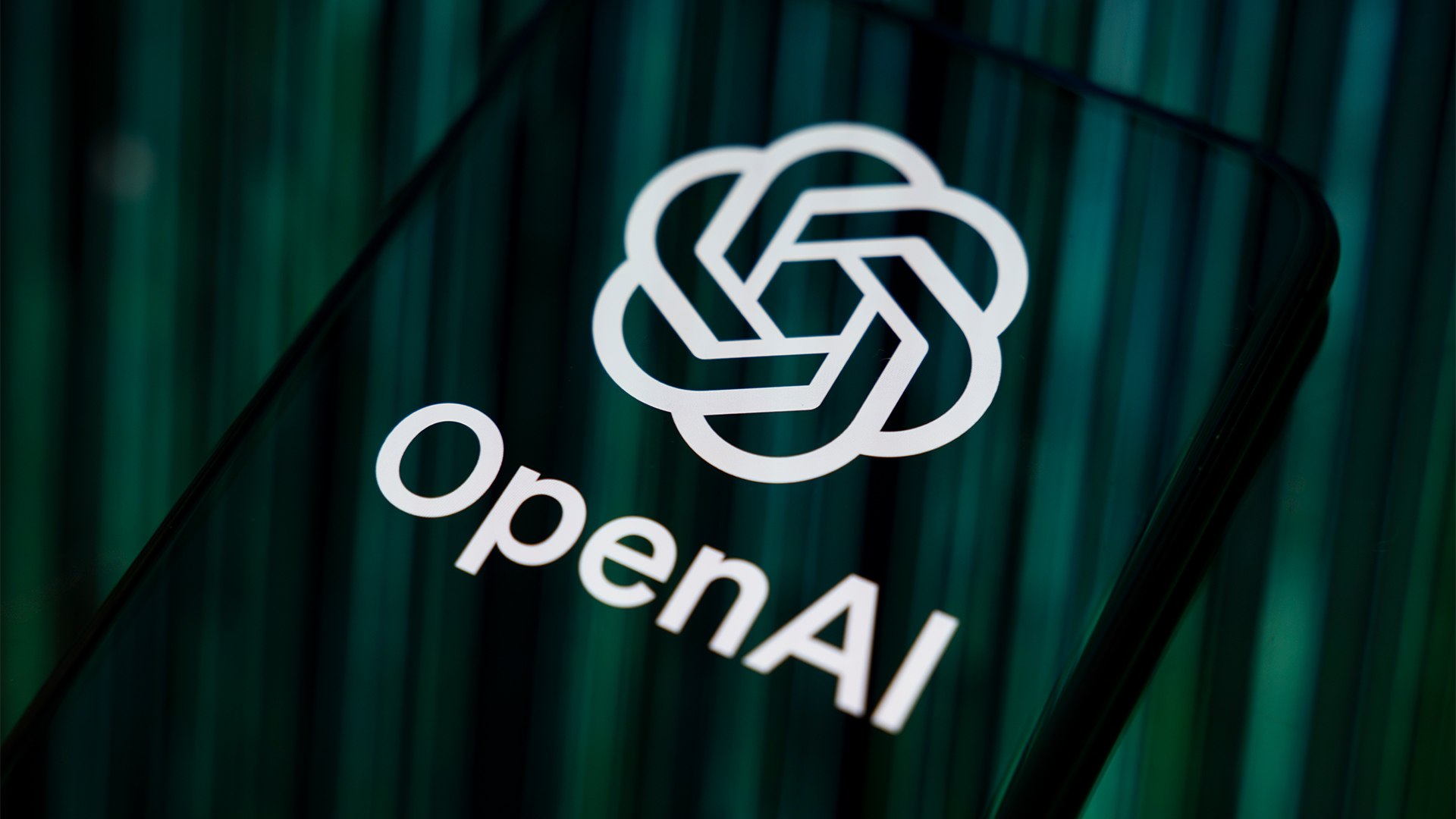 OpenAI says GPT-5.2-Codex is its ‘most advanced agentic coding model yet’ – here’s what developers and cyber teams can expect
OpenAI says GPT-5.2-Codex is its ‘most advanced agentic coding model yet’ – here’s what developers and cyber teams can expectNews GPT-5.2 Codex is available immediately for paid ChatGPT users and API access will be rolled out in “coming weeks”
-
 OpenAI turns to red teamers to prevent malicious ChatGPT use as company warns future models could pose 'high' security risk
OpenAI turns to red teamers to prevent malicious ChatGPT use as company warns future models could pose 'high' security riskNews The ChatGPT maker wants to keep defenders ahead of attackers when it comes to AI security tools
